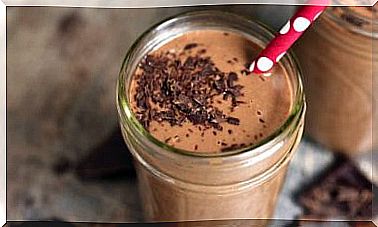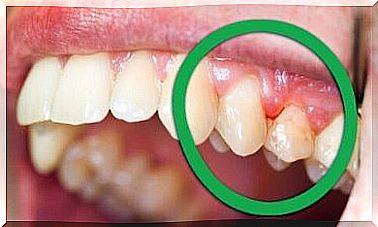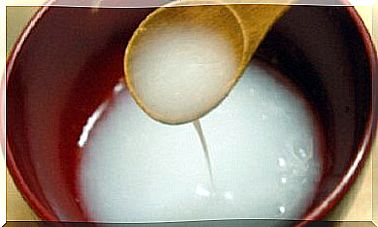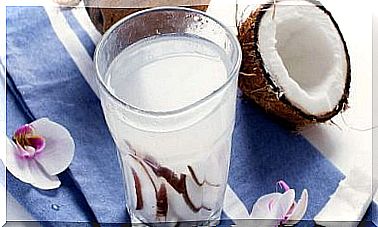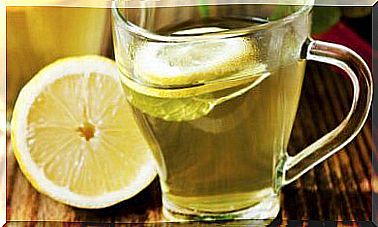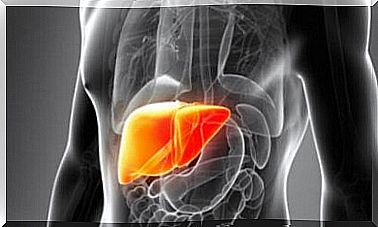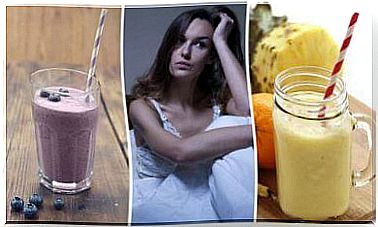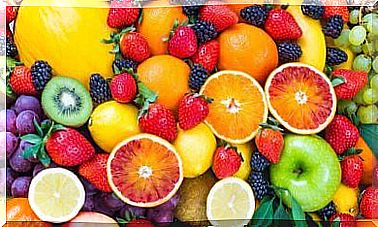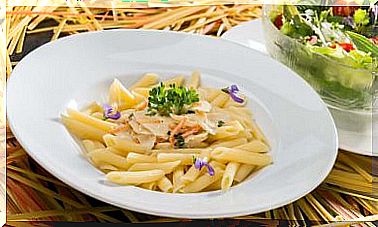What Should You Eat During Pregnancy?
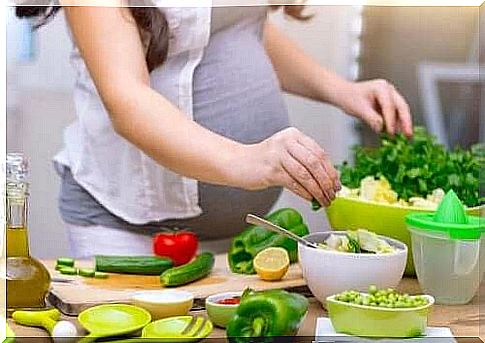
Taking care of yourself and watching what you eat during pregnancy is vital as it increases the chances of your baby being born healthy. Healthy eating helps mothers-to-be to avoid endangering their health during pregnancy. It also provides the necessary conditions for a healthy baby.
In general, taking care of yourself includes the following:
- a medical evaluation every 15 or 30 days
- control daily physical activities
- a healthy diet
However, you should pay particular attention to this last point. It is important that you pay close attention to your diet during pregnancy.
This doesn’t mean you have to focus on calorie burning or weight loss. That can even be harmful to the developing fetus. So, what is the most recommended diet to follow during pregnancy?
Important to eat a variety of fruits and vegetables during pregnancy
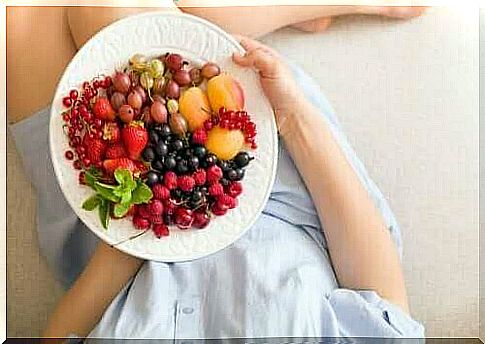
Fruits and vegetables contain high amounts of vitamin C and folic acid. That is why we recommend that you eat large amounts of this during the second and third trimesters of your pregnancy. Eating a large amount of fruits (such as oranges, cantaloupe, and grapefruit) and vegetables (such as broccoli, tomato, and lettuce) promotes fetal growth.
Eating these foods during pregnancy helps the fetus reach the right size before it is born. A pregnant woman should eat 2 to 4 servings of fruit daily.
Lean proteins
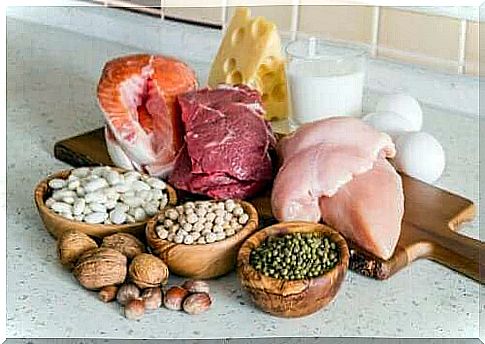
To promote the growth of the baby, it is also important for pregnant women to ensure that their meals contain high-protein foods such as:
- meat
- Eggs
- cheese
- milk
- nuts
- dried fruit
These items are also packed with B vitamins and iron. Iron interacts with oxygenation both in the developing fetus and in muscle building in the pregnant mother.
As a result, the future mother will have fewer problems with fatigue, weakness, irritability and depression. We therefore recommend that you eat 50 to 60 grams of lean proteins daily.
Eating grains and flour during pregnancy
Grains are considered a very important source of energy for the body, and even more so during pregnancy. They contain high amounts of fiber, iron and vitamin B.
Consuming flour provides a large amount of carbohydrates and folic acid, which is very beneficial for the development of the baby. We recommend eating between 6 and 12 servings of foods such as:
- oats
- whole-weat pasta
- rice
- bread
- cereals
Limit the consumption of caffeine and fish
You should also reduce your coffee consumption during pregnancy. Several groups of obstetricians and gynecologists from the United States, such as ACOG (American College of Obstetricians and Gynecologists), recommend that you cut down on coffee consumption, as caffeine builds up on the lining of the placenta.
Excessive consumption of coffee is associated with cases of spontaneous abortion and preterm birth. You should also moderate your consumption of fish. Some fish, such as albacore tuna, can be high in mercury, which could cause problems with fetal development.
Avoid consumption of alcoholic beverages

Once alcohol is consumed, it travels throughout the body via the blood. It affects body functions when it exceeds recommended levels. In pregnant women, alcohol is transferred to the baby through the umbilical cord.
This can affect the development of the fetus and cause behavioral and learning problems in the future development of the child. Many studies conclude that you should avoid alcohol during pregnancy.
The importance of a careful diet during pregnancy
It is important to emphasize that what the woman eats or drinks during her pregnancy is the main source of nutrition for the developing baby.
Therefore, many experts advise mothers-to-be to consume healthy and nutritious food and drinks. This way you can provide the necessary nutrients that are important for the development and growth of your baby.
As you can read in this article, there are many foods that you should eat during pregnancy, as well as those that you should avoid. A pregnant woman needs even more calcium, folic acid, iron and protein than the average woman needs and consumes.
